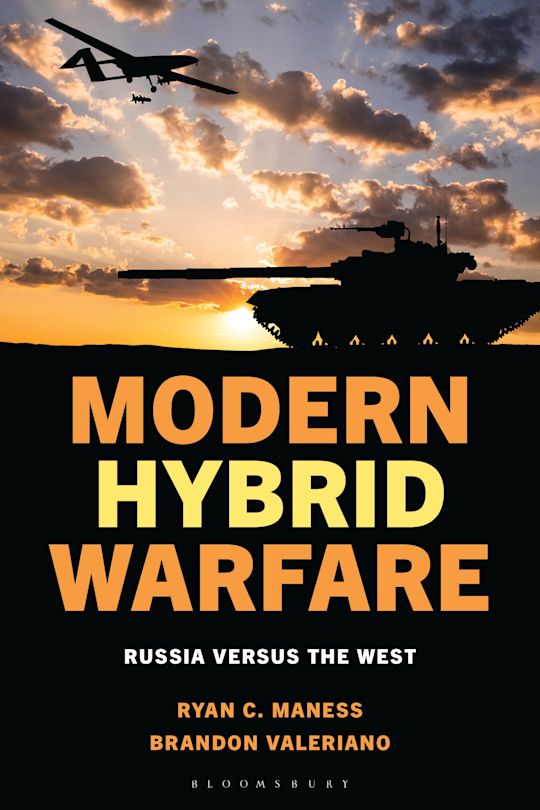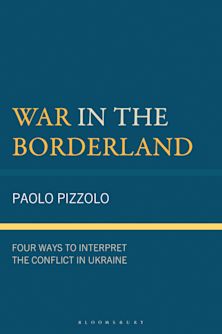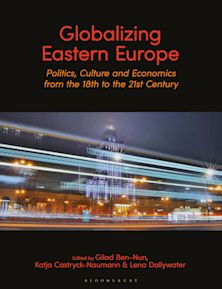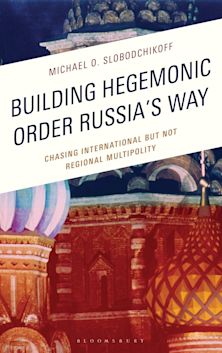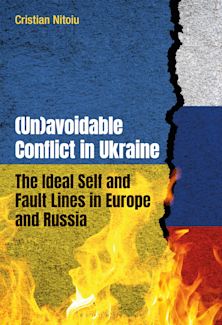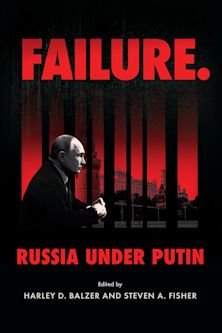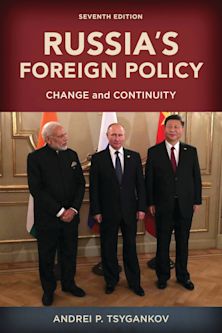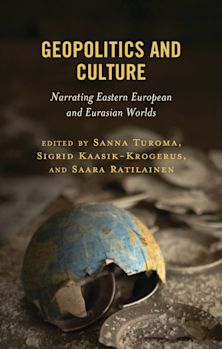Modern Hybrid Warfare
Russia versus the West
- Textbook
Modern Hybrid Warfare
Russia versus the West
- Textbook
Description
An up-to-date analysis of cyberwarfare and hybrid warfare against the backdrop of the present conflict between Russia and Ukraine.
This volume explores and dissects Russia's efforts to leverage modern hybrid warfare against the West including cyber operations, operations in the information environment, energy politics as well as conventional military operations during the Post-Soviet Era with a particular emphasis on the Russian Ukraine War (2022- ).
Table of Contents
2. Hybrid Warfare and Disruptive Technology – the Future of War
3. The Evolution of the US – Russian Rivalry. Russia the failed superpower
4. War and Conflict in Post-Soviet Space: 2000-2023
5. Fancy Bear Evolved and Caged: Russia Modern Cyber Operations
6. The Limited Power of Energy Coercion in Europe and Post-Soviet Space
7. Operations in the Information Environment: Appealing to the Hearts and Minds while Bombing Hospitals and Blowing Up Dams
8. Conclusion: What Modern Strategic Analysis Gets Wrong and Right about Russia
Product details

| Published | Dec 11 2025 |
|---|---|
| Format | Ebook (PDF) |
| Edition | 1st |
| Extent | 320 |
| ISBN | 9798881866938 |
| Imprint | Bloomsbury Academic |
| Illustrations | 10 figures, 22 bw illus |
| Publisher | Bloomsbury Publishing |
Reviews

ONLINE RESOURCES
Bloomsbury Collections
This book is available on Bloomsbury Collections where your library has access.









